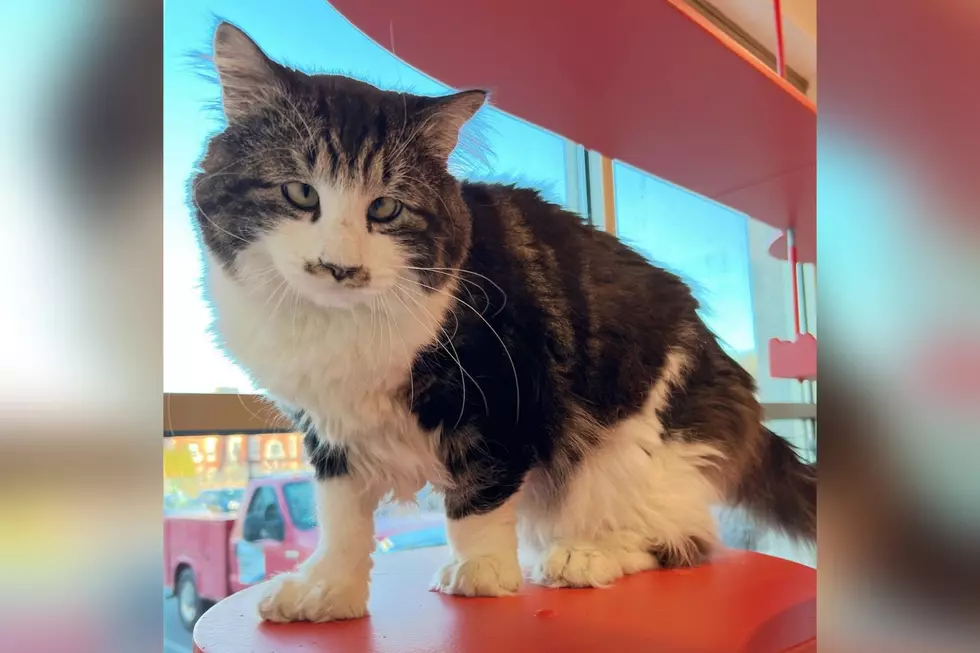John LeBoutillier’s Animal Kingdom
A feral cat, lacking human contact, reverts to a wild state and forms colonies wherever food and shelter are available. Some feline experts now estimate 70 million feral cats live in this country, and that's the consequence of little effort to control the population – and of the cat's ability to reproduce quickly.
John LeBoutillier, a long-standing, regular member of the WBSM morning show, brought up the fact that he's been feeding feral cats around his Long Island villa for years.
"I've always fed them, and I've gotten attached, even though I can't pet them," he said.
LeBoutillier purchased heated electric beds and a small house for the wild cats to stay protected during the winter months.
"I give them breakfast and dinner daily, and I spend quite a bit of dough on cat food, but I'm happy to do it," he said. "I've had one cat here for a year or two, and over the summer, she had kittens. So before the young cats have kittens, I decided to have them all spayed, and then brought back here to release them."

LeBoutillier found someone familiar with trapping the cats and getting them spayed.
"She came here yesterday with four traps that we set up with cat food mixed with sardines. I hadn't fed the cats in two days so they'd be hungry for the food in the trap, and boom, I caught one. Fifteen minutes later, boom, I caught another one, and today I caught a third one," he said.
The felines will be guests, all expenses paid by LeBoutillier, at the local vet, who'll give them the necessary shots and spay them. Before returning to LeBoutillier's pad, "the vet will cut a small notch on the top of the ear, so all you have to do is look at the cat to tell whether or not it's been spayed," he said.
Normally, we talk about political issues, and in a tongue-in-cheek way, LeBoutillier was true to form to ease politics into the feral conversation.
"I love animals. I don't want to betray them, and yet, I had to trick the cats for their own good," he said gleefully. "I sound like a liberal. Once I trick them, I'm going to get the cats into the spay program and then release them, because I know what's best for them in the long run."
Just in case you aren't aware, it is illegal to feed feral cats in some Massachusetts communities. Check your local city or town ordinances, but just take this bylaw from the town of Belmont: "No person can feed homeless cats or dogs, unless it is done in a sheltered place, inaccessible to wild or roaming animals, with the express purpose of befriending the animal in order to have it vaccinated, spayed or neutered and ultimately adopted," reads the statute.
"Well, that's just a ridiculous law you have there," gasped LeBoutillier, who also is a loving parent to Plumley, his beautiful Maine coon cat, who often looks out the glass kitchen door at her uncultivated relatives outside.
Why do cats have whiskers? Why do they meow? Why do they nap so much? And answers to 47 other kitty questions:
More From WBSM-AM/AM 1420







![A Swig to Roy Cohn [PHIL-OSOPHY]](http://townsquare.media/site/518/files/2020/06/Roy-Cohn.jpg?w=980&q=75)
![Local Pols Pass Whimsical Laws While Blacks Languish [OPINION]](http://townsquare.media/site/518/files/2018/02/02-08_Montigny_FILE-2015-01-08.jpg?w=980&q=75)
